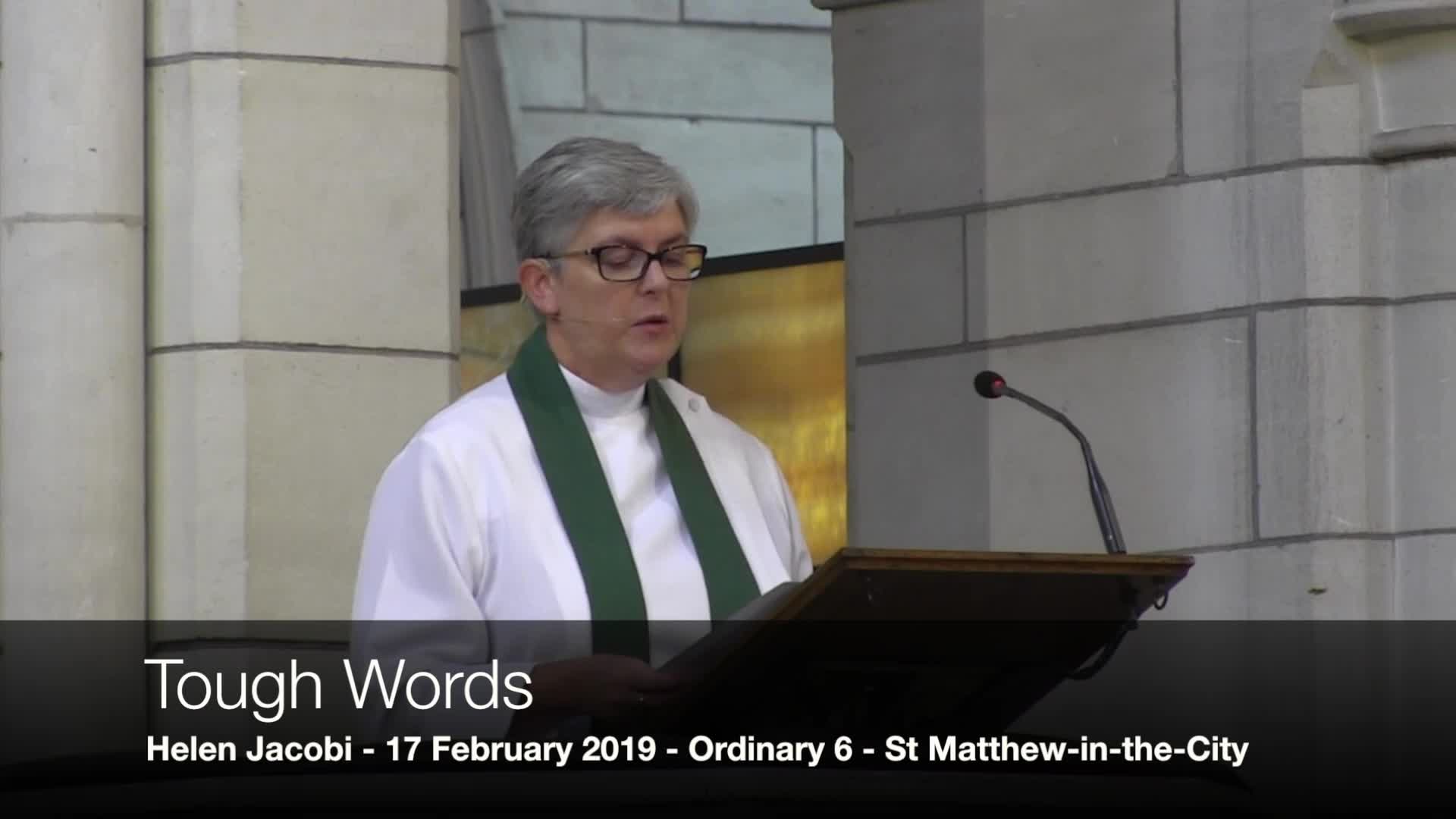
Home
Engagement
Care of the earth: does our theology help us?
Susan Adams speaks in the 2018 Season of Creation about how our theology of creation needs to be refreshed if we are to save our planet.
This is the first sermon in Susan Adams "Care of creation" story.
Part two can be found here
This is the first sermon in Susan Adams "Care of creation" story.
Part two can be found here

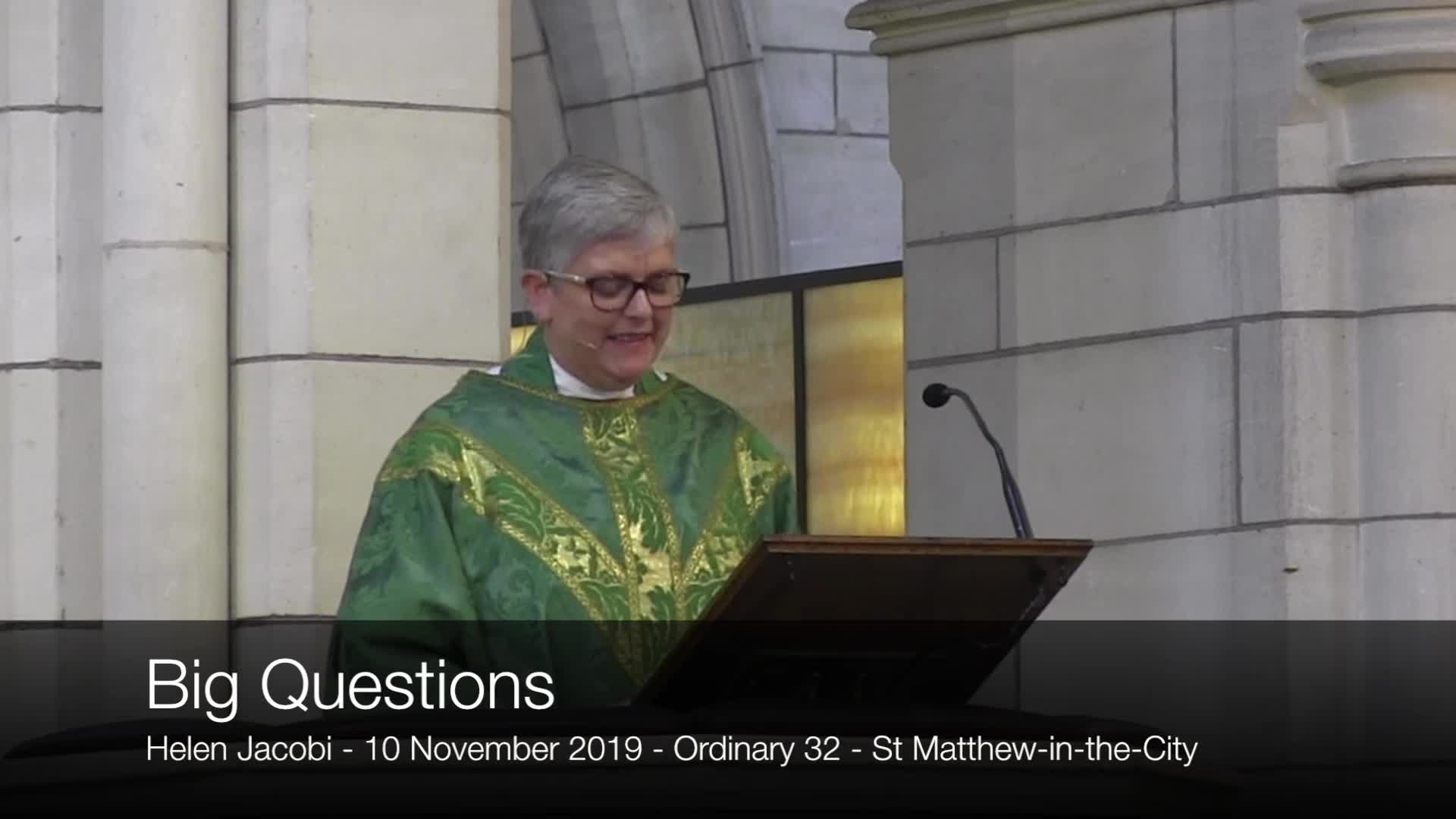
Big questions

Acting on Climate Change

Just then loving

Matthew's Leadership
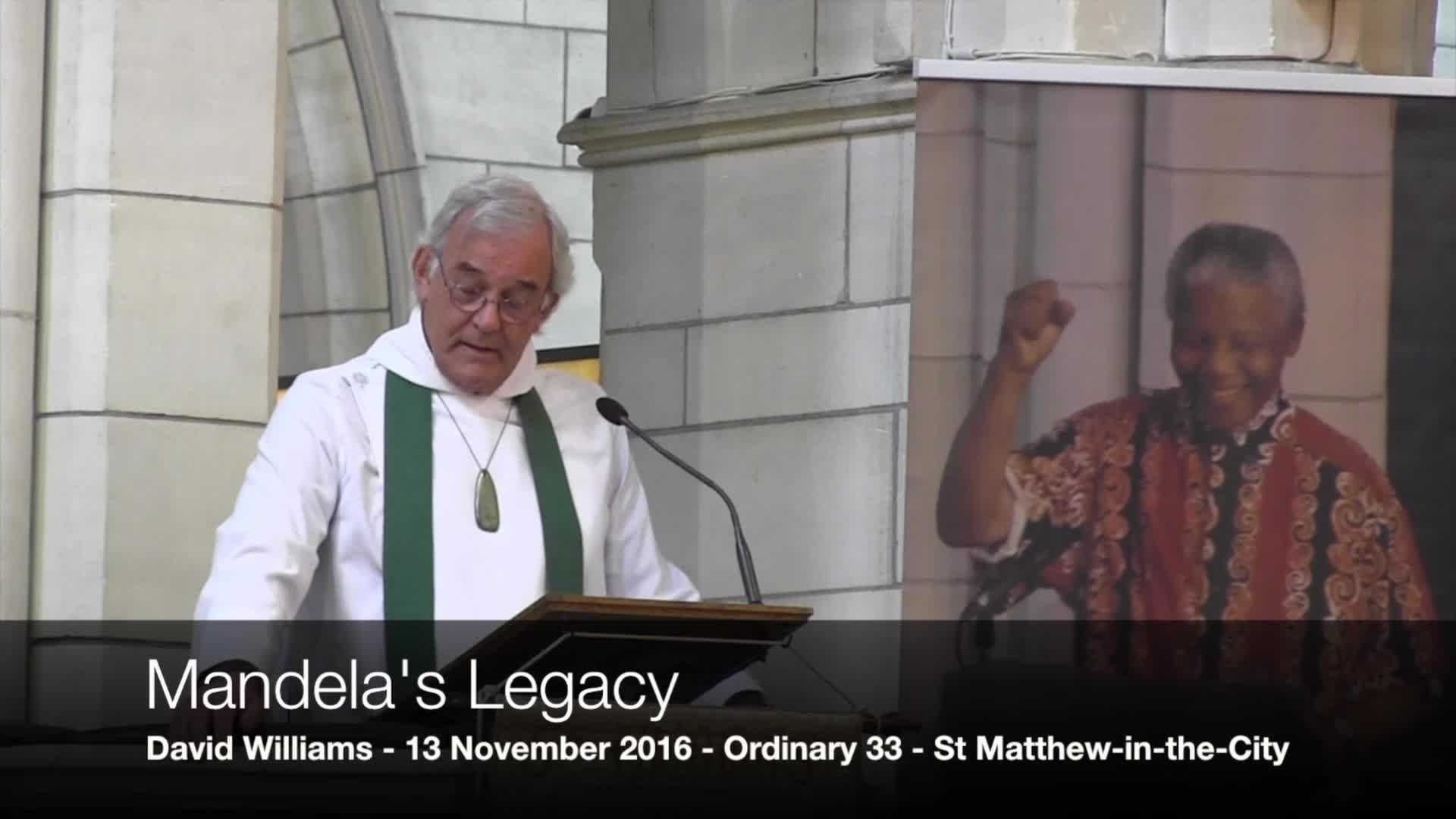
Remembering Mandela
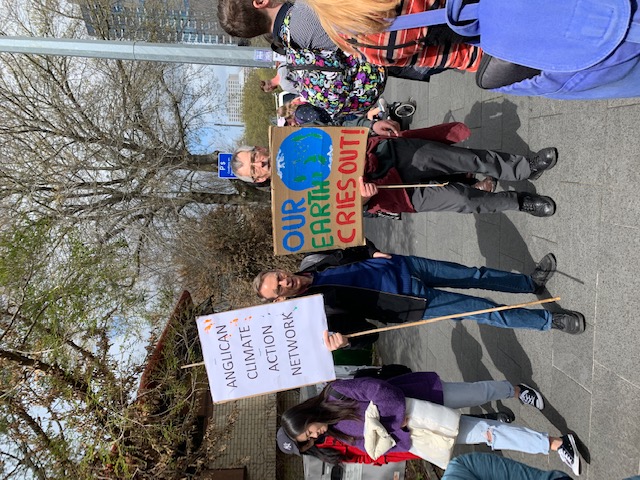
Climate Crisis Statement

Water Use in Auckland and beyond
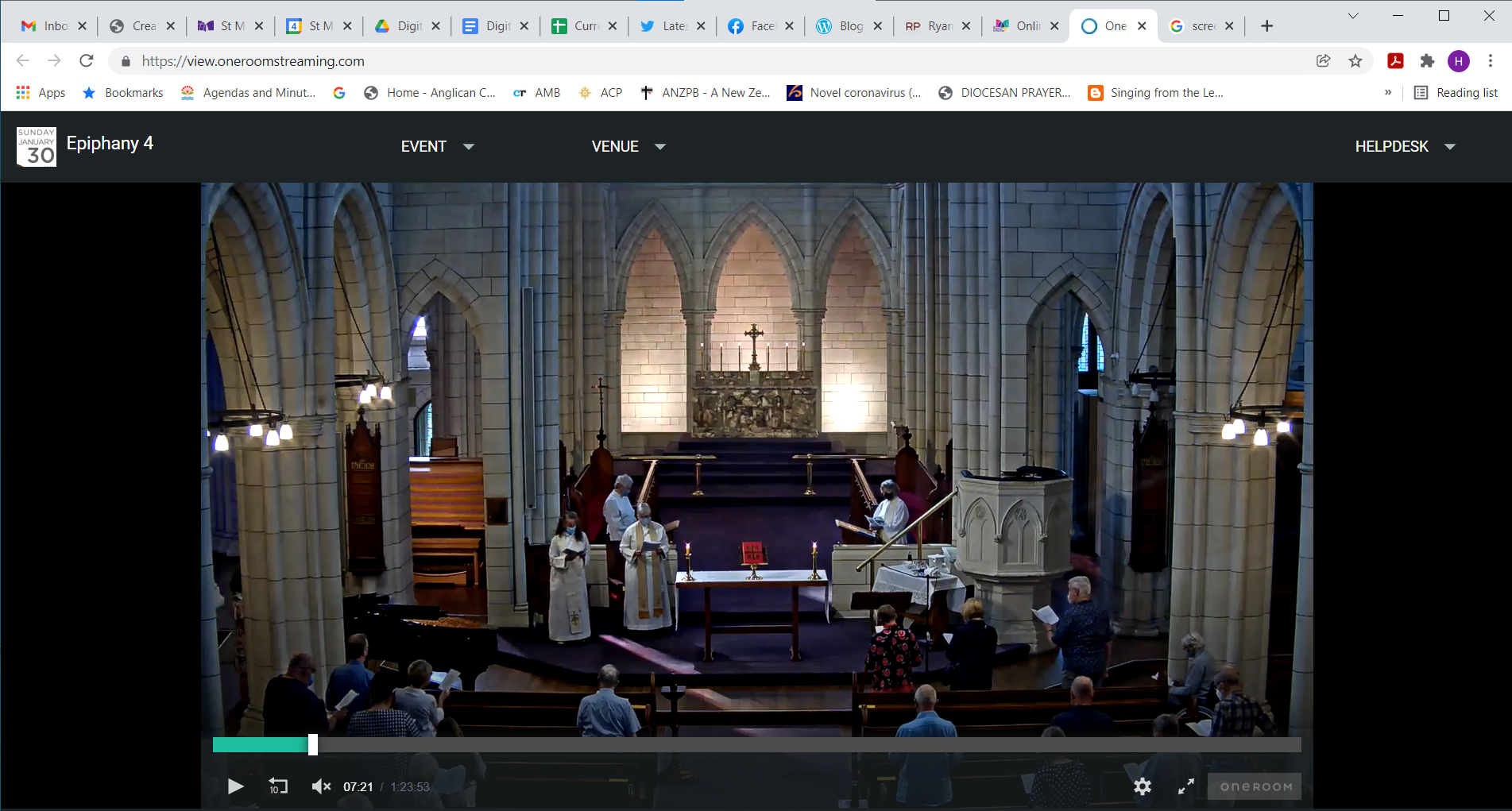
Hybrid worship
